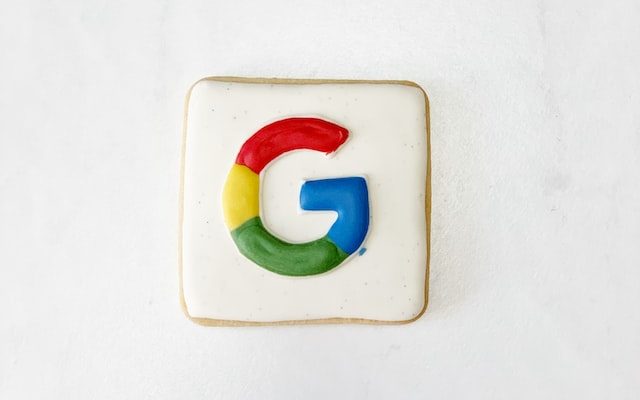There were rumors at the Cannes Lions Festival this year that maybe the third-party cookie phase out wouldn’t be happening this year after all. It turned out that the whispers were exactly right – Google has delayed the death of third-party cookies in Chrome until the second half of 2024.
Takeways
- Much of the publishing and advertising industry has been working toward a cookieless future, trying to mitigate the challenges thrown up by planned removal of third-party cookies from the digital advertising ecosystem. But the deadline has been moved by Google for a second time.
- Hearing privacy concerns and following the lead of Apple and Firefox, Google originally planned the third-party cookie phaseout from its Chrome browser by the second quarter of 2022. Last year, however, the tech Giant shifted the deadline until the end of 2023. Now, the date for the cookie cut off is the end of 2024.
- Google says it has put back the deadline following industry feedback. Anthony Chavez, Google’s Privacy Sandbox VP said in the statement announcing the delay:
The most consistent feedback we’ve received is the need for more time to evaluate and test the new Privacy Sandbox technologies before deprecating third-party cookies in Chrome.
More delays?
- Back in June, Matthew Papa, SVP of Business and Corporate Development at Search Intelligence firm Captify said at the Cannes Lions Festival:
The feeling among the folks that we’ve talked to on both the buy side and the sell side is that the cookie is likely not going to go away in 2023, as expected, and that it may actually never go away.
- Writing in Adexchanger after Google announced its latest delay, Alison Schiff noted speculation in the industry that Google will ‘just keep on kicking this can down the road’ and third-party cookies won’t ever be phased out of Chrome. While she doesn’t think third-party cookies are here to stay, she doesn’t rule out further delays.
- Demand-side platform The Trade Desk has, in the past, highlighted that the timeline for Google’s third-party cookie phaseout was likely to slip because the firm ‘understands the value exchange of the internet’ and could not afford to disrupt that without having put a viable alternative in place.
What next?
While the delay to the third-party cookie phaseout buys publishers and advertisers time, it may also complicate an already complicated situation. Both now need to look at Google’s efforts to develop a viable tracking an targeting alternative, but also come up with solutions based on their own data.
- This month, Google will open trials of its Privacy Sandbox – the focus for its efforts to create web and advertising standards that don’t rely on third-party cookie tracking. Worldwide, Chrome users will be shown an opt-in prompt to allow them to participate in trials for all of the APIs that focus on advertising-related use cases, including Topics and FLEDGE.
- Testing aside, industry experts are stressing that publishers should keep working to move away from third-party cookies. Speaking to Marketing Dive, Travis Clinger, senior VP at identity platform LiveRamp, said delaying will just ‘cheat yourself out of better performance’. He explained:
The time is now for publishers and marketers to control their destiny and transition away from cookie-based identity to people-based identity.
And talking to Campaign Magazine, Mitch Waters, senior VP at The Trade Desk, agreed:
Brands and advertisers should continue their momentum on their first-party data strategy.









